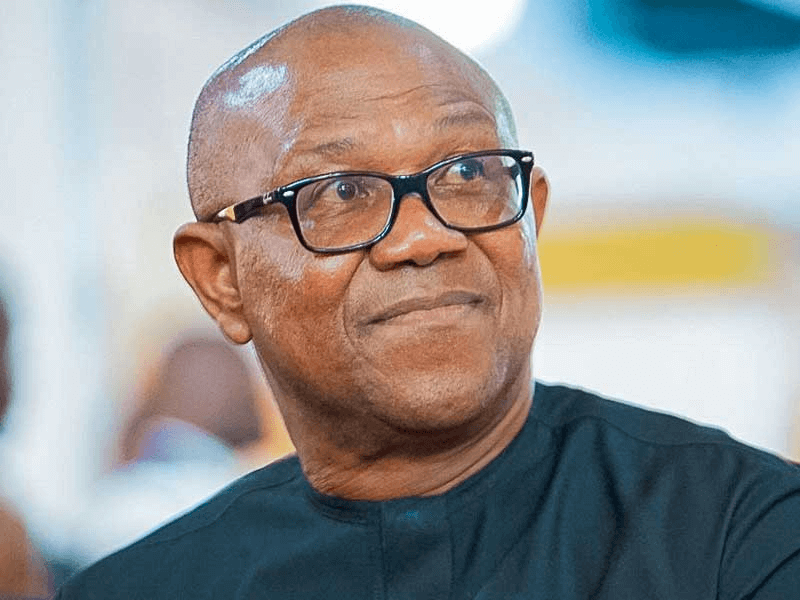Former Peoples Democratic Party (PDP) governorship aspirant in Ogun State, Segun Sowunmi, has declared that Peter Obi, the Labour Party (LP) presidential candidate in the 2023 election, remains the only authentic leader capable of rescuing Nigeria from its current socio-economic challenges.
Sowunmi made the remark in Abuja on Friday during a special May Day event organised by members of the Obidient Movement under the aegis of the Cyrus Group and Free Nigeria Foundation.
Addressing a gathering of Labour Party supporters and pro-reform advocates, he commended Obi’s consistent vision and commitment to national transformation.
“You know I am of the PDP, but the future of Nigeria is in Peter Obi,” Sowunmi said. “He is the only authentic candidate—every other one is fake. Obi is not in politics for personal gain; he is here to transform the fortunes of this country.”
He urged the Labour Party and the Obidient Movement to draw lessons from Brazil’s Labour Party and mobilise more effectively to lead the structural and ideological change Nigeria desperately needs.
Also speaking at the event, Senator Nenadi Usman, Chair of the Labour Party’s National Caretaker Committee, reaffirmed the party’s roots in the labour movement, emphasizing its commitment to championing workers’ rights and welfare.
“This party belongs to Nigerian workers,” Usman said. “We stand for living wages, quality healthcare, affordable housing, and the strict enforcement of labour laws. Workers create the wealth of this nation and must no longer live in penury.”
She stressed that the essence of the labour struggle is centered on justice, equity, and the well-being of the Nigerian people.
In her remarks, Senator Ireti Kingibe, who represents the Federal Capital Territory in the National Assembly, challenged Nigerian youths to take greater ownership of the country’s future.
“Young people are not doing enough to claim the future they desire,” Kingibe stated. “It’s time they step forward, engage politically, and drive the change they demand.”
The May Day programme served as a rallying call for unity, civic engagement, and a renewed push for governance anchored in accountability, transparency, and people-oriented development.















